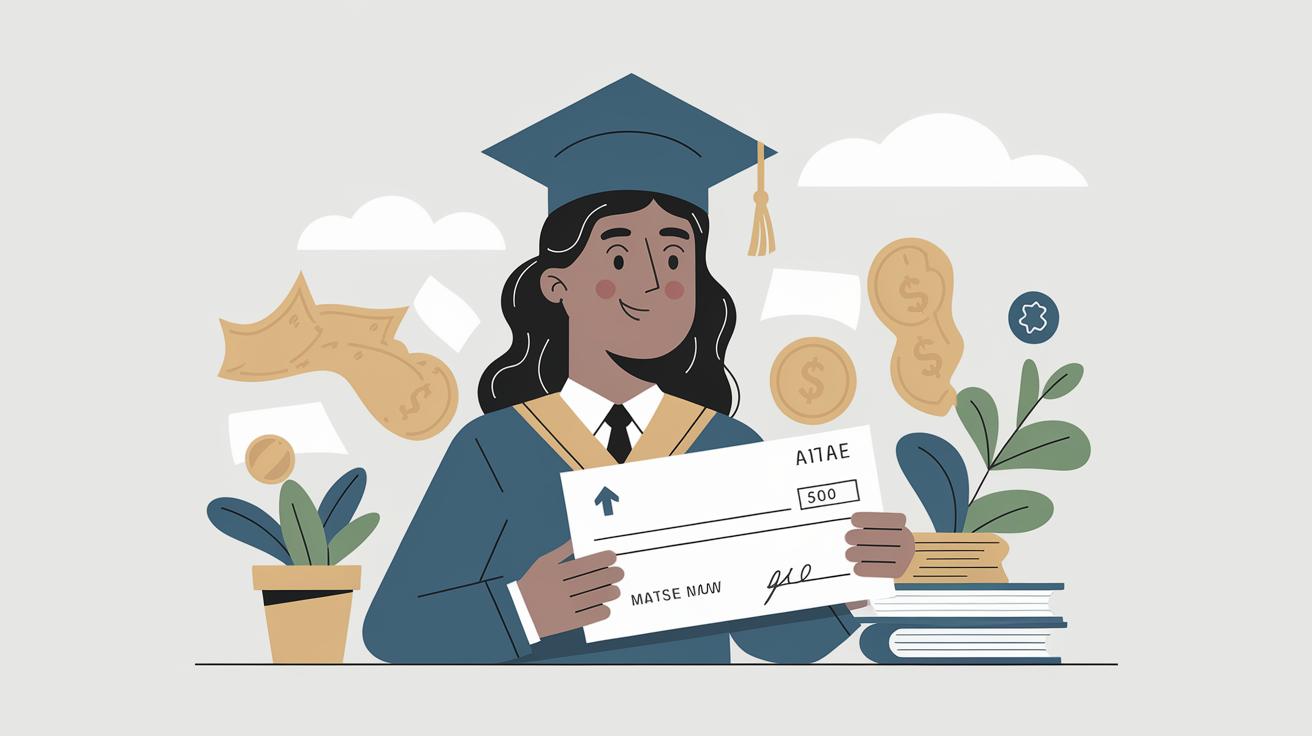Pros and Cons of Refinancing Student Loans
Refinancing student loans is a popular strategy for borrowers looking to manage their debt more effectively. While refinancing can offer several benefits, such as reducing interest rates and simplifying monthly payments, it also has potential drawbacks, including the loss of federal loan benefits. In this blog post, we’ll explore the pros and cons of student loan refinancing to help you make an informed decision. We’ll discuss how refinancing can save money, lower monthly payments, or streamline your financial obligations, as well as detail the risks like losing federal protections and the credit qualifications needed to access the best rates. By the end, you’ll have a clearer understanding of whether refinancing is the right choice for you.
Pros of Student Loan Refinancing
You can save money with a lower interest rate
One of the most compelling reasons to refinance student loans is the potential to save money through lower interest rates. Many private lenders offer competitive rates that can significantly reduce the overall cost of your loan compared to the initial terms of your federal loans. By refinancing, you might trade a variable rate for a fixed one or simply lower your rate by a few percentage points, which can translate into substantial savings over the life of the loan.
This financial benefit is particularly appealing if you have improved your credit score since taking out your original student loans. Lenders reserve their best offers for borrowers with excellent credit scores, so a positive credit trajectory could unlock lower rates that make refinancing worthwhile. However, even a modest reduction in your interest rate can lead to measurable savings, which is an attractive prospect for any borrower.
You can lower your monthly payment by choosing a longer term
Refinancing can also offer the flexibility to adjust your repayment term, thereby lowering your monthly payment. Opting for a longer repayment period spreads your outstanding balance over more months, which can alleviate immediate financial pressure. This can be especially beneficial if your current financial situation requires lower monthly obligations.
While extending your payment term increases the total amount of interest paid over time, the reduced monthly burden can free up cash flow for other expenses or investment opportunities. By evaluating your cash flow needs and long-term financial goals, you can make an informed decision about whether elongating your repayment term aligns with your overall strategy.
You could replace several payments with just one
For borrowers juggling multiple loans, refinancing provides the opportunity to consolidate all your debt into a single, manageable monthly payment. Simplifying your repayment process can reduce the risk of missing a payment, thereby protecting your credit score.
Moreover, it means less administrative hassle. Dealing with one lender instead of several streamlines communication and reduces the time spent managing accounts. This consolidation appeals to borrowers looking for easier financial management without the complex oversight that comes with handling multiple loans.
Cons of Student Loan Refinancing
You could lose federal benefits and protection
One of the most significant drawbacks to refinancing federal student loans into private loans is the loss of federal benefits and protections. Federal loans offer a range of support options like income-driven repayment (IDR) plans, deferment, forbearance, and loan forgiveness programs. These benefits can be lifelines during financial hardship, offering flexibility that’s usually unavailable with private loans.
When you refinance, you effectively replace your federal loans with a private loan, losing access to these safeguards. For borrowers utilizing federal protections or those who might benefit from them in the future, the trade-off may not be worth the risk. It’s crucial to assess your current and potential future financial situation before deciding to refinish.
You’ll need excellent credit for the lowest rates
While refinancing can present an opportunity for financial savings, achieving the most favorable terms typically requires excellent credit. Lenders evaluate credit scores to determine a borrower’s financial health, and those with higher scores are rewarded with lower interest rates as they are viewed as lower-risk.
If your credit score is not at its best, you may not qualify for competitive rates or even approval. In some cases, it might be beneficial to take steps to improve your credit before considering refinancing. Without excellent credit, you may not experience the cost benefits that refinancing promises.
You need a steady income and a low debt ratio to qualify
Besides excellent credit, lenders typically require proof of a stable income and a favorable debt-to-income ratio. These criteria ensure that borrowers can manage the monthly payment obligations without overextending their finances.
For individuals without a steady income, recent graduates still establishing their careers, or those with significant financial commitments elsewhere, qualifying for refinancing could be challenging. It’s important to understand these requirements ahead of applying, as not meeting them could result in higher rates or denial of the application altogether.
Lessons Learned
| Pros | Cons |
|---|---|
| Lower interest rates can save money | Loss of federal benefits and protections |
| Longer terms can lower monthly payments | Needs excellent credit for best rates |
| Consolidate payments into one | Requires steady income and low debt ratio |


